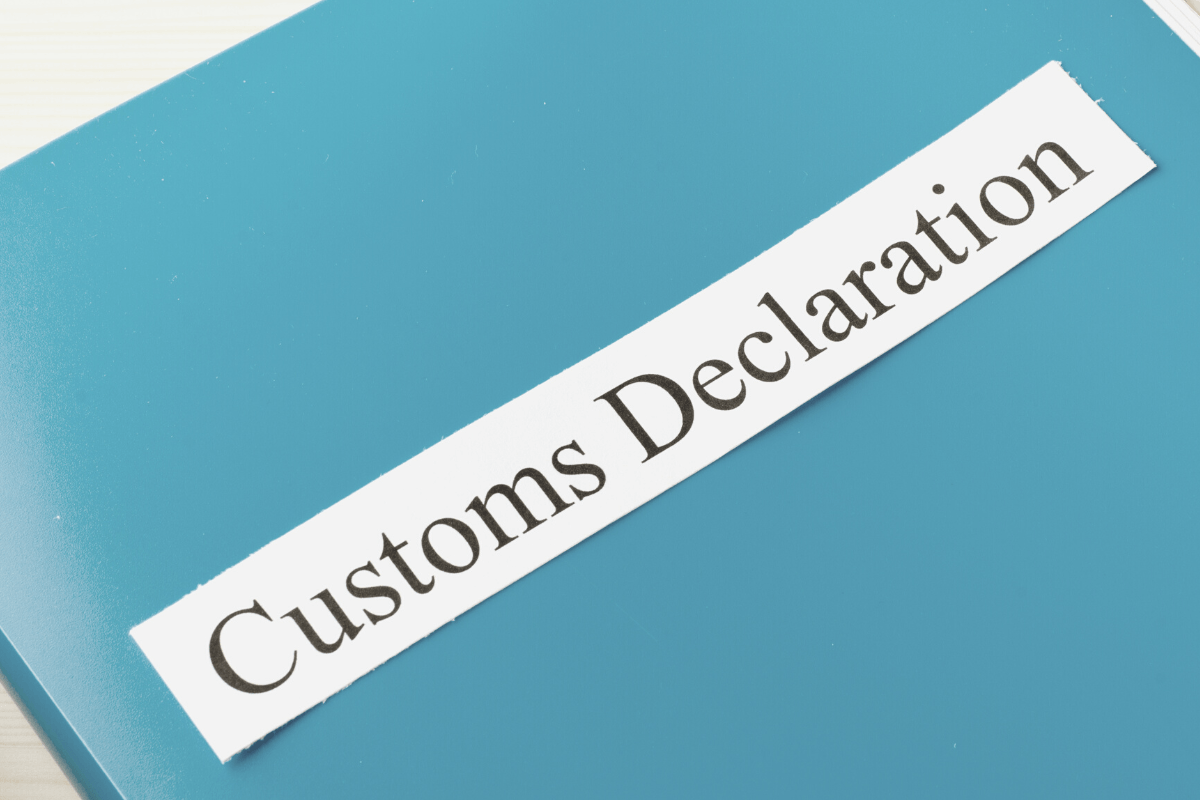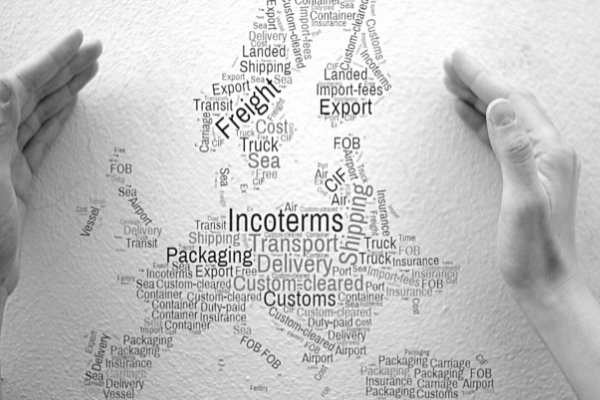BY:
SHARE:
Since 1st January 2020, companies in the UK and EU have been trading under the EU-UK Trade Cooperation Agreement (TCA), and there has been a grace period for companies exporting under preference from needing to hold supplier declarations before making the exporter origin statement to enable their customers to claim a zero duty at import. It’s so easy to misunderstand this grace period as terminology within FTAs can be confusing. A supplier declaration is not used to claim preference at import.
If you do not make the goods you export, you cannot know whether they qualify or not; you haven’t made them so don’t have any product, material or value information on the process done to the goods. That is why a declaration from the supplier is needed. So, the grace period was for an exporter (UK or EU) who export goods they don’t make which legally requires a supplier declaration to confirm goods qualify under the TCA before the UK/EU exporter makes the exporter preference origin statement on their invoices with the shipment or on an annual origin statement sent to their customers. They are needed for all relevant exports under free trade agreement and under the EU-UK TCA you must have these declarations from 1-1-2022.
If you fail to obtain a supplier declaration to confirm your export statements that the goods you have exported meet the qualification rules for preferential trade between the EU and the UK, you must notify your overseas customers as they will have to pay import duty from 1-1-2022 and may receive a claim for duty on goods you supplied in 2021. And if you imported from a distributor, for example, who doesn’t make the goods, and you’ve used their exporter origin statement to claim zero duty at import, this cannot continue into 2022 without them confirming they hold supplier declarations that the goods they are selling meet the rules of preference origin. Sadly, importers may also be at risk of duty demands if the exporter hasn’t sorted this out correctly.
The easement did not apply to importers claiming preference on arrival needing to have a declaration made by the exporter. If you have claimed preference on arrival from the EU into UK (or into EU from UK) you needed an exporter origin statement at the time of claiming import duty preference either, as an individual statement accompanying the goods, an annual exporter origin statement. If you claimed preference without these exporter origin statements, you will be assumed to have used "importers knowledge" which means you hold the evidence that the goods qualify for preference and do not need anything from an exporter or supplier to support that claim.
EU - UK TCA Supplier Declarations - Live Clinic with Managing Partner Sandra Strong
Now the UK is developing new independent trade arrangements understanding the difference between a supplier declarations and an exporter statement of origin will be vital.
International Trade Up-dates into your inbox twice a month
Would you like to keep up to date on customs and international trade issues – subscribe to our OneCall service which combines regular practical updates (Did You Know?) and a helpline support service as well as an interactive members' area with a members' only community.
Spotlight & Training Updates Newsletter
Subscribe to our free information emails covering international trade topics...









